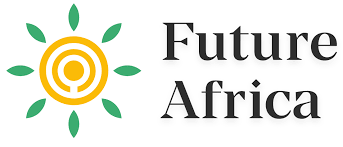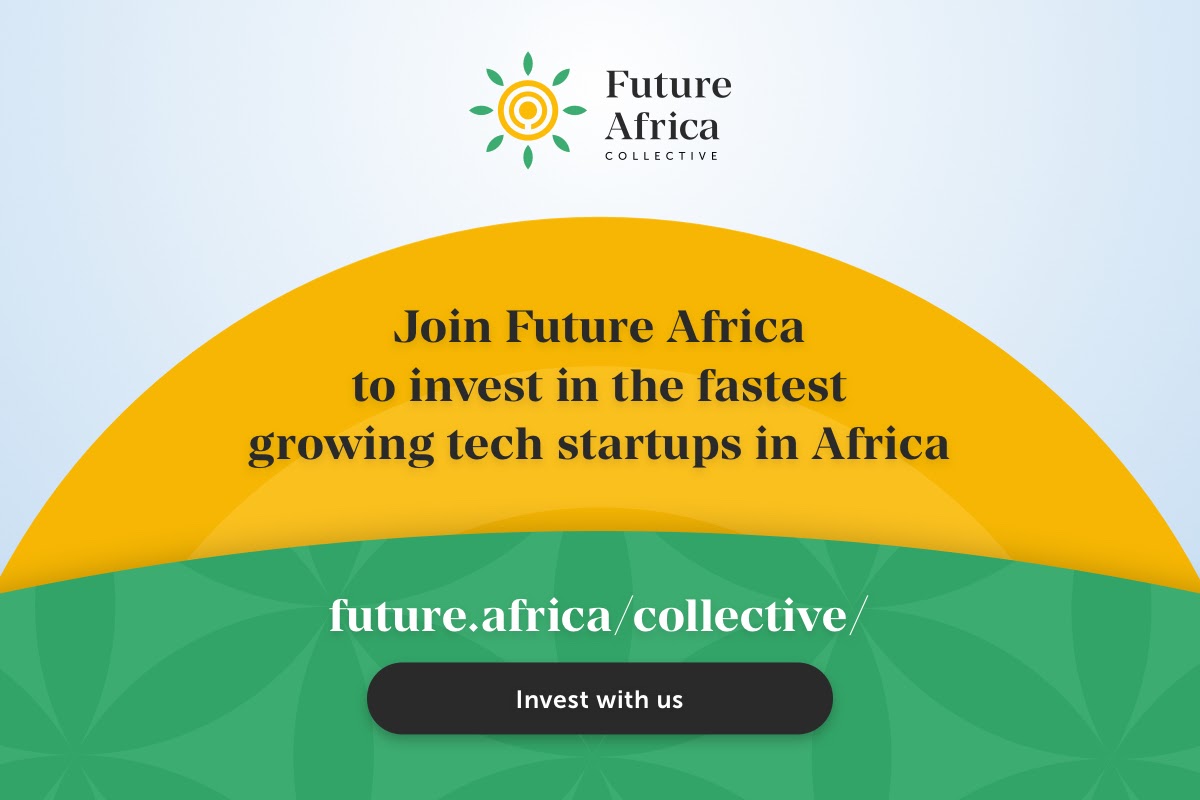
IN PARTNERSHIP WITH



Good morning ☀️ ️
Yesterday, Airtel Africa and UNICEF announced a $57 million, five-year pan-African partnership to help accelerate the roll-out of digital learning for children across Africa. The deal will see the two connect schools to the internet and ensure free access to learning platforms across 13 countries. Learning just got easier!
In today’s edition
- Mobile money is catching on in Benin
- Twiga Foods raises $50 million
- Nestcoin wants crypto to stop being confusing
- Nigeria’s E-Settlement acquires Côte d’Ivoire’s QuickCash
MOBILE MONEY IS CATCHING ON IN BENIN REPUBLIC

Back in 2016, Denise Amadou, a clothes retailer based in Cotonou, had to travel at least twice a week to make wholesale purchases in northern Benin, with cash stashed in her bag to pay suppliers. The majority of them didn’t have bank accounts. In addition to going through the hassle and security risks, her profits dipped as her customers in the capital city had to shop elsewhere during her frequent absences.
That was five years ago. Today, things are different for Amadou who now places her orders via online channels and pays suppliers who send the wares upon receiving payments via mobile money wallets provided by MTN Mobile Money.Sounds like progress. I’m listening
Like other developing countries in Africa, Benin has always had the right market conditions for a mobile money industry to thrive; it is home to a population with limited access to financial services but actively uses mobile phones.
Although mobile money debuted in the country in 2010, the market did not fully take off until 2017, two years after the BCEAO—the common apex bank for the eight francophone West African countries—introduced new regulations that allowed mobile network operators to take up e-money issuer (EMI) licenses.
Change is inevitable
With the change in regulation, MTN got an EMI license (the only telco in Benin to be granted such) and went on to successfully build on its existing infrastructure to offer basic financial services to individual and enterprise subscribers.
So far, MTN’s mobile money product, MoMo, has seen significant growth amid the boom. At the end of July, active customers stood at three million, representing a quarter of the entire population, while monthly transactions averaged 60 million, valued at 400 billion FCFA ($709 million).
In this article, Michael explores how MTN’s MoMo is driving the adoption of mobile money in Benin Republic.
Paystack presents Artwork, a video show about the business side of being a creator in Africa! In Ep 1, learn how to distribute your music and manage your IP rights. Watch now 👉🏾 https://youtu.be/-TOxHmLNDWo
This is partner content.
TWIGA FOOD RAISES $50 MILLION

Twiga Foods has closed a $50 million Series C round to scale its efforts in Kenya and other neighbouring countries. Founded in 2014, Twiga Foods uses technology to build supply chains in food and retail distribution on the continent.
This funding comes after the company’s $30 million Series B round in 2019, bringing its total financing to over $100 million in both debt and equity financing rounds.
The round was led by private equity firm Creadev, and majority of the participants from their previous Series B round invested in Twiga. New investors included OP Finnfund Global and Endeavor Catalyst Fund.
Looking forward: Twiga plans to develop an alternative way of producing food on the continent that aims to reduce the price consumers pay for popular domestic plant-based food products by over 30%. The funding will be used to test the concept out.
If the test turns out to be successful, Twiga Foods CEO, Peter Njonjo, says the model might be spun off as a separate business to maintain a more asset-light approach to expansion.
In other related news: Rwanda-based electric motorcycle company, Ampersand, has secured a US$9 million loan facility from the US International Development Finance Corporation (DFC) to expand its operations in Rwanda and Kenya.
Join the Future Africa Collective – an exclusive community of investors who invest in startups building the future. With a $300 quarterly fee, you get access to invest a minimum of $2,500 in up to 5 high-growth African startups.
This is partner content.
NESTCOIN WANTS CRYPTO TO STOP BEING CONFUSING

“The first problem you have to solve with crypto is making it easier to understand. You cannot use what you don’t understand.” – Yele Bademosi, CEO and co-founder, Nestcoin.
Despite their enthusiastic adoption around the globe, not everyone is convinced that cryptocurrencies are anything more than a dangerous fad.
But the adoption of cryptocurrencies has grown by 1,200% in Africa to $105 billion in market value in the last year alone, according to Chainalysis, a New York-based research firm.
Enter Nestcoin…
…a company that builds and invests in products that will introduce crypto’s evolving uses to novices.
What’s different about Nestcoin?
As part of this effort, it aims to engage writers to explain complex crypto subjects such as DeFi, NFTs, DAOs, and more to consumers. It’s hoping that doing so will further encourage users to use its platform to make money, by playing games on a blockchain, and investing in digital art. Users will be able to trade high-value coins like bitcoin and ether within this one-stop shop. A user can decide to use one product without engaging with other ones.Dig Deeper: Nestcoin is a former Binance director’s plan to make crypto in Africa mainstream.
You can get 21% return per annum on your investment with Fairmoney when you invest a minimum of NGN 100,000.00. To migrate from an existing investment, Fairmoney will cover your liquidation charge.
Find out more here.
This is partner content.
NIGERIA’S E-SETTLEMENT ACQUIRES CÔTE D’IVOIRE’S QUICKCASH

E-Settlement (E-SL), a Nigerian fintech group of companies, has acquired QuickCash, an Ivorian electronic payment and money transfer company, to expand and boost last-mile access to financial services in francophone African countries like Côte d’Ivoire, Burkina Faso, Niger, Togo, and more.
E-SL said this deal will extend its payment service footprint across the continent and grow the group’s agent banking network to 200,000 agents by the end of 2022.
Although the specifics of the deal was not disclosed, QuickCash will continue to operate independently as a subsidiary of the E-SL group and leverage E-SL’s robust technical expertise and deep-sector knowledge to strengthen its agency infrastructure.
What else we’re reading
- At the height of the Cold War, a schoolteacher launched the Zambian Space Program with a dozen aspiring teen-age astronauts. Was he unfairly mocked?
- This is the #NairaLife of a talent specialist moonlighting as a tech babe.
- Industrial policy paved the way for Africa’s richest man. Why didn’t it do same for all Nigerians?




























